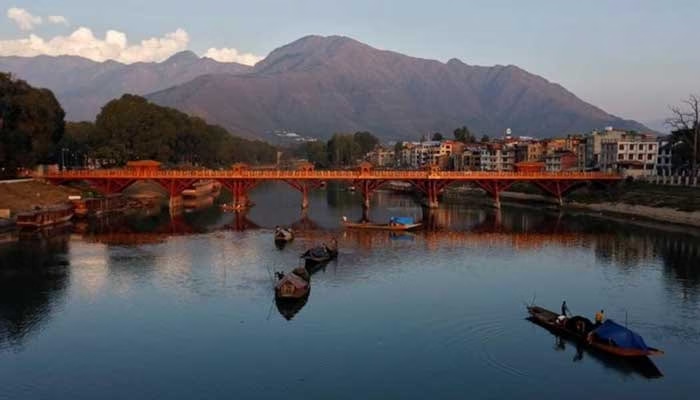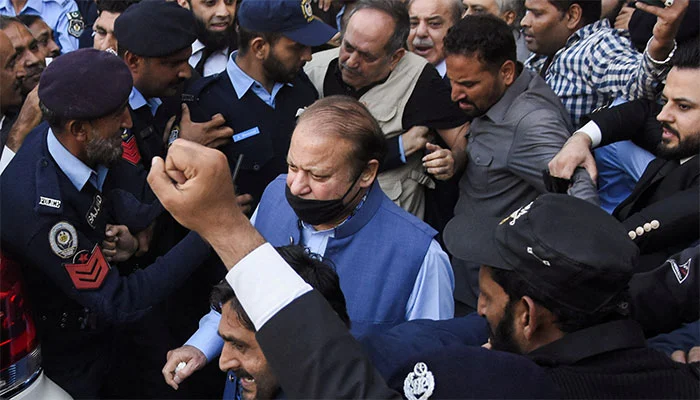As tensions rise in the region following the Pahalgam attack that killed at least 26 tourists in Indian Illegally Occupied Jammu and Kashmir (IIOJK), India has introduced a series of aggressive diplomatic moves targeting Pakistan. Among these actions, speculations around India potentially suspending the Indus Water Treaty have triggered widespread concern. However, experienced diplomats and former senators have come forward to dismiss such a possibility, stating that the treaty, signed in 1960 and brokered by the World Bank, cannot be unilaterally revoked.
India’s Diplomatic Response to Pahalgam Attack
India reacted strongly following the Pahalgam incident, which it blames on elements allegedly linked to Pakistan. While New Delhi has unveiled punitive diplomatic measures, including increased border restrictions and possible attempts to revisit long-standing agreements, several experts view these moves as political theatrics aimed at exerting pressure rather than actual strategic shifts.
According to former Pakistani High Commissioner to India Abdul Basit, India has no legal grounds to suspend or terminate the Indus Water Treaty on its own. Speaking to Geo News, Basit said, India cannot immediately stop Pakistan’s water. The treaty is internationally binding and cannot be scrapped unilaterally.
He further warned, however, that India could still take provocative steps to escalate tensions. We should be prepared, India can make any move, Basit cautioned. He also noted that with bilateral trade already suspended, symbolic actions like closing the Wagah-Attari border have limited impact on Pakistan.
False Flag Allegations Surface
Joining the conversation, former PPP senator and ambassador Sherry Rehman stated that treaties such as the Indus Water Treaty are protected by international law and cannot be broken on a whim. She pointed to a pattern of false accusations from India, recalling a similar situation in 2000 during US President Bill Clinton’s visit, when India wrongly accused Pakistan of an attack in IIOJK—a claim later disproved.
This recent attack also carries the hallmarks of a false flag operation, she said, suggesting that India may be using the tragedy to build a narrative against Pakistan for political gain. Rehman emphasized the importance of not yielding to fear or misinformation campaigns.
Indus Treaty a Global Agreement, Not a Bilateral Toy
Former senator Mushahid Hussain Syed echoed the sentiments, stating unequivocally that India is using the Pahalgam incident as an excuse to increase pressure on Pakistan and possibly undermine the Indus Water Treaty. This is not just a bilateral agreement—it is an international treaty backed by the World Bank. Violating it would breach global norms and could amount to an act of war, he warned.
Syed highlighted the urgency of informing global bodies, including the United Nations, about the false narratives India is attempting to propagate. We must alert the UN Secretary General and ensure that the world knows Pakistan is being wrongly accused once again.
He affirmed Pakistan’s readiness to respond on every front. We are ready at all levels to give a befitting reply to India, he added.
Why the Indus Water Treaty Matters
The Indus Water Treaty, signed in 1960, is one of the world’s most successful water-sharing agreements. It allocates the use of six rivers between India and Pakistan, and while disputes have occurred, the treaty has survived even during wars and prolonged political hostility. The Indus River itself flows through some of the most sensitive and contested regions, including Kashmir—making the treaty essential for peace and agricultural sustainability in Pakistan.
Experts argue that tampering with the treaty could not only destabilize regional relations but also ignite a broader conflict between two nuclear-armed nations. Pakistan, which lies downstream, depends heavily on the waters of the Indus for irrigation and agriculture. Any disruption could severely impact food security and livelihoods across the country.
As political rhetoric intensifies, level-headed diplomacy and adherence to international agreements remain crucial. The recent attack in IIOJK should be thoroughly investigated, and blame should not be assigned without concrete evidence. Former diplomats and lawmakers have rightly called for restraint and factual clarity in handling sensitive issues like the Indus Water Treaty.
India’s attempts to use the Pahalgam incident as a geopolitical tool are being met with cautious skepticism from both sides of the border. While Pakistan has reiterated its readiness to defend its rights and sovereignty, the international community’s role in maintaining peace and honoring binding agreements like the Indus Water Treaty has never been more critical.



